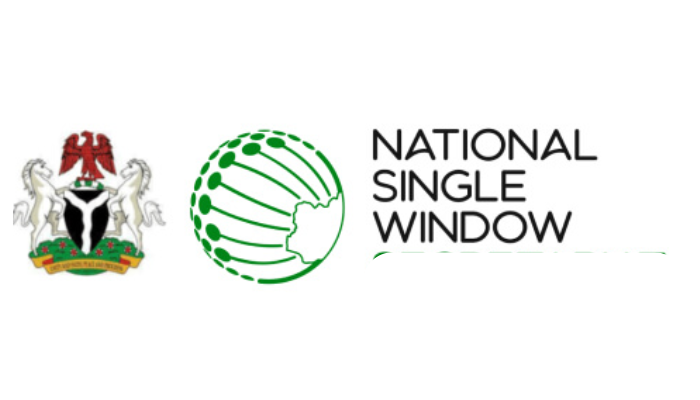FG’s single window to unify import, export from March
…as stakeholders spot infrastructure, compliance gaps ahead rollout
Nigeria’s long-awaited National Single Window (NSW), the digital platform expected to unify all import and export processes and ease congestion at its busy ports, will begin its first phase of operations in March 2026, according to officials at the Stakeholder Forum held in Lagos on Thursday.
The project, contracted to CrimsonLogic, a Singaporean global technology company, is designed to model successes in Benin, Djibouti and Kenya where it helped reduce business costs, smoothen Customs processes and improve cargo turnaround times.
It is especially crucial for Nigeria where the cost of doing business at its ports is 40 percent higher than in neighbouring West African countries according to the World Bank, leading to annual losses of N2.5 trillion. Abubabkar Danstoho, the Managing Director ofthe Nigeria Ports Authority (NPA) had iconically tagged it “the most significant initiative since the 2003 port reforms.”
Read also: Nigeria at 65: From exporting people to exporting brands
The launch of the first phase, according to documents made available to BusinessDay will include submission of applications for licenses, certificates and permits (LCPO) for imports, submission of manifests by air, sea and land operators, and risk management for regulatory agencies like the Standard Organisation of Nigeria, NAFDAC and NAQs, that will be followed with operational reports.
Before this, the Steering Committee, led by Tola Fakolade, Head of the NSW project secretariat, said the platform would be pilot-tested by “select stakeholders.” Up to 60 Ministries, Departments and Agencies (MDAs), associations, security agencies, and trade service providers are lined up for integration into the “One-Stop Shop” upon rollout.
Since the first stakeholder meeting in January, when the Committee reported plans for testing and training, it had undergone a series of consultations and onboarding sessions with the the World Bank, Central Bank of Nigeria, the shipping and airport authorities, the Nigerian Export Promotion Council, the Nigeria Police, and other key players to prepare for the rollout.
Stakeholders, however, pointed to issues that must be resolved before the March 2026 deadline for the rollout to be successful.
They warned that infrastructure, software and data integration, as well as port infrastructure and access to finance, would require major investment. Both the IT and physical aspects must be adequately funded for things to work.
Their concerns come amid several complaints about the Nigeria Customs Service B’Odogwu, a digital system to replace physical Customs declarations for speed, with many complaining of software hitches that have left them unable to retrieve vital documents needed for clearance, leaving their cargo in the port for weeks, resulting in extra inventory costs.
They say they would hate to go through such an experience with the Single Window.
“If B’Odogwu is part of the sumptuous food that the NSW is, a hungry man would rather go on a fast for one year than eat it,” said one clearing agent.
But compliance is a challenge, the stakeholders and even the Customs Service noted, while apologising for breaches to its digital platform. Participants called it the “Nigeria factor,” warning that the human element could make or mar the reform.
Meanwhile, private sector representatives, including Dangote Cement, called for a review of charges on exports, noting that clearing costs in Nigeria are nearly double what firms pay elsewhere and are often billed in dollars, despite local transactions being done in naira.
Read also: Africa, Caribbean must strengthen trade to secure $2.1bn export gains – ITC
The Council for the Regulation of Freight Forwarding in Nigeria (CRFFN), led by Kingsly Igwe suggested that the platform capture tariff preferences across the various trade deals Nigeria has with its trade partners, which could reduce logistics costs compared to the current common external tariff structure.
Although the project’s total cost has not been disclosed, officials confirmed that funds have been approved to support the participating agencies. Once fully operational, the Single Window is expected to shorten clearance and export times to one day, reduce physical inspection of containers to less than 10 percent and generate for Nigeria up to $3 billion annually.

